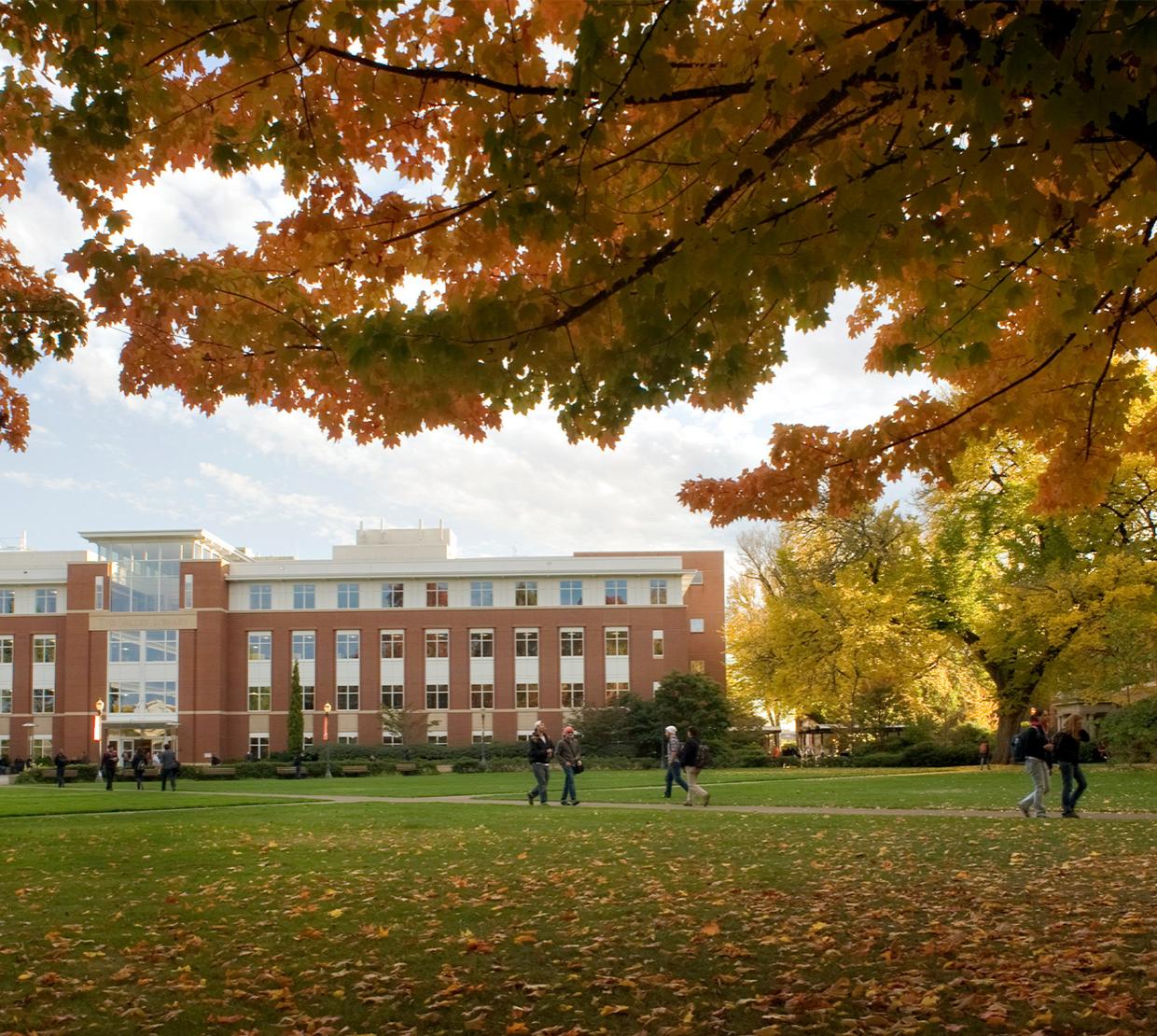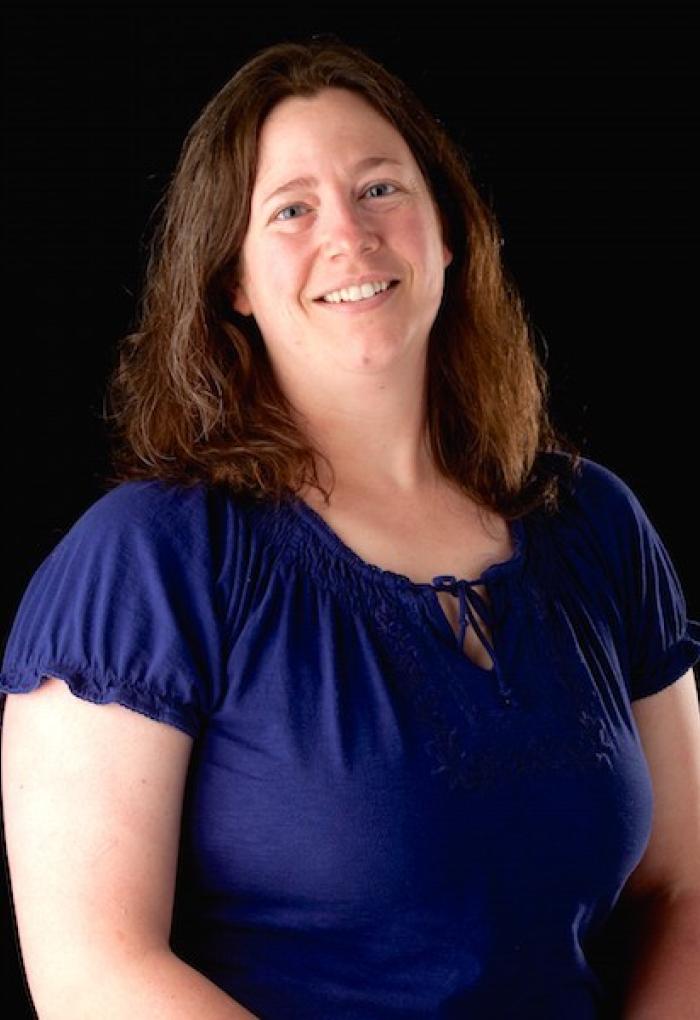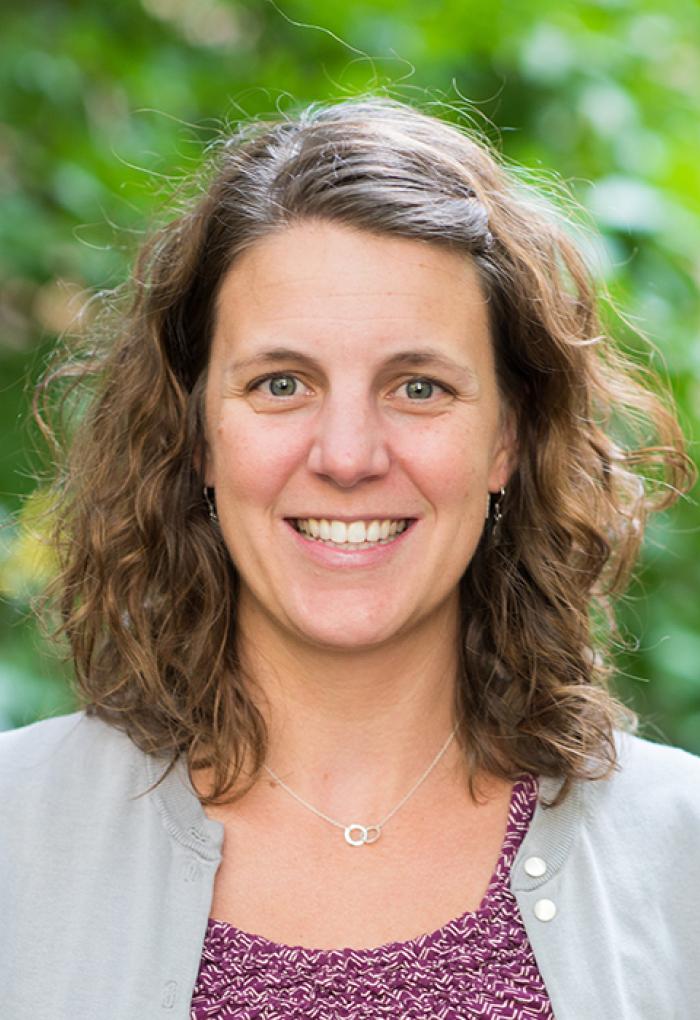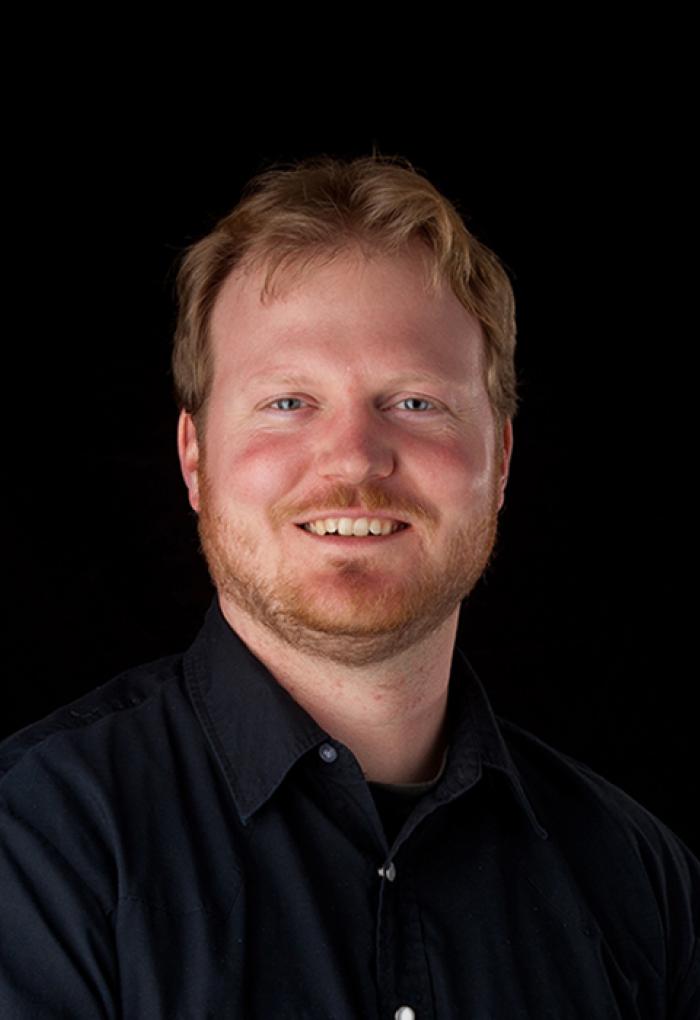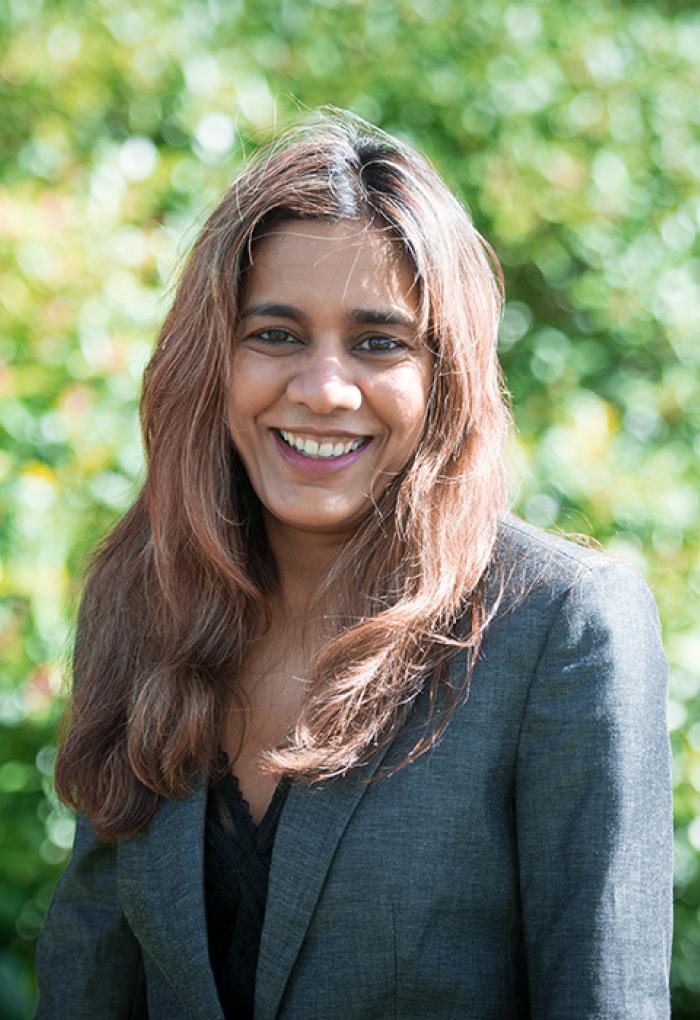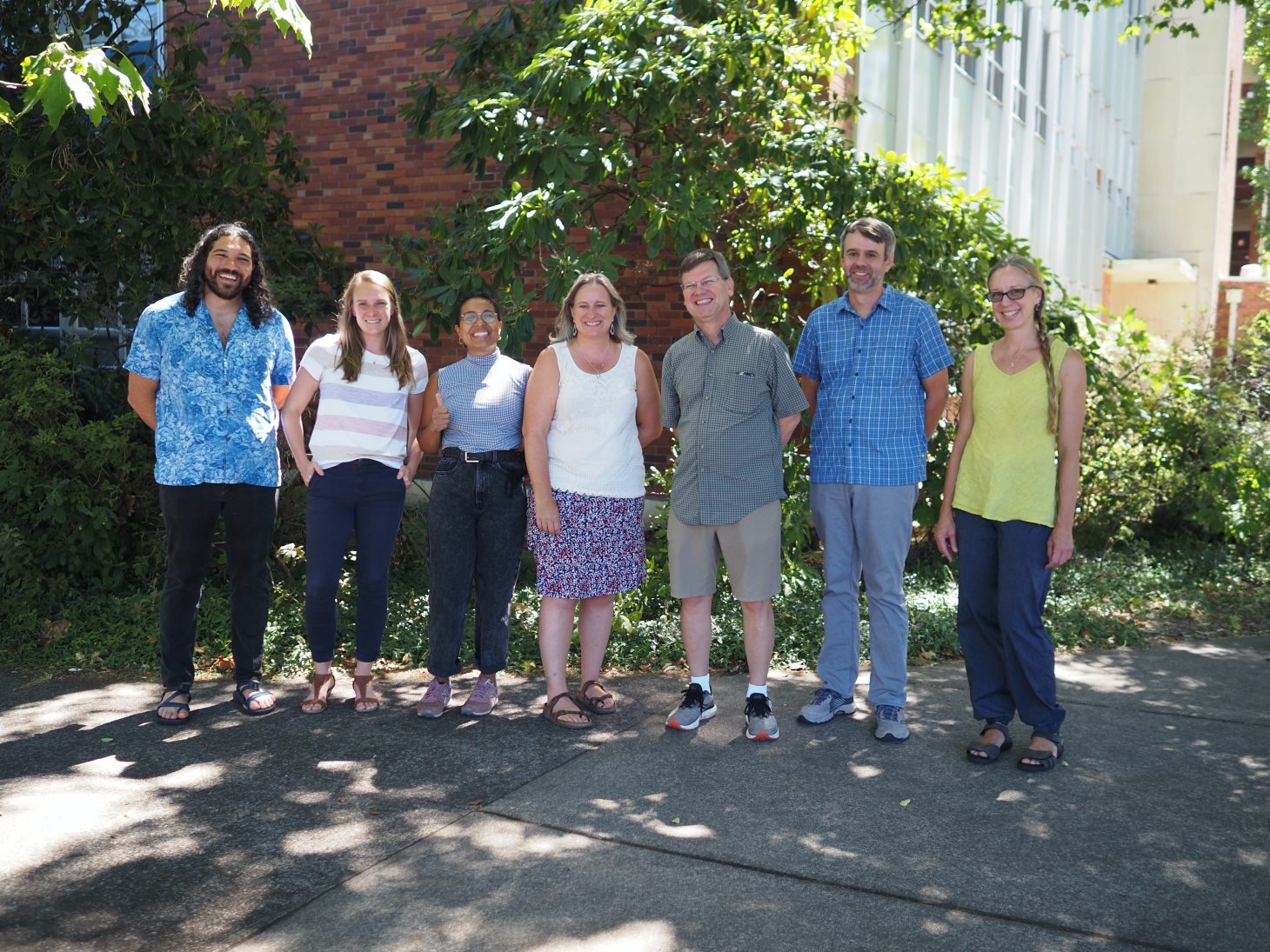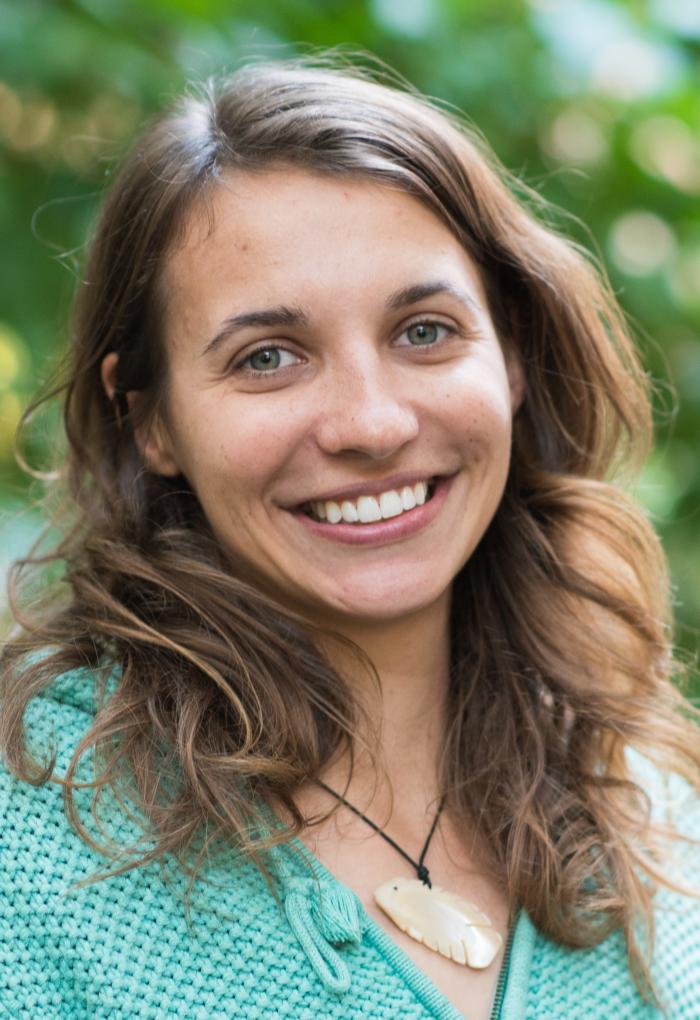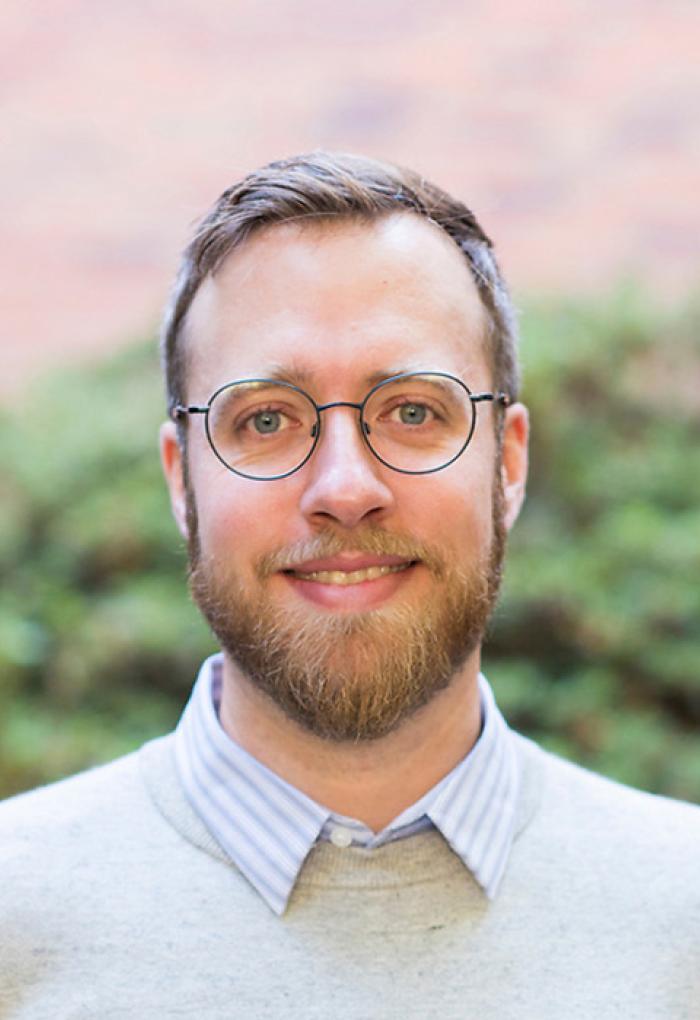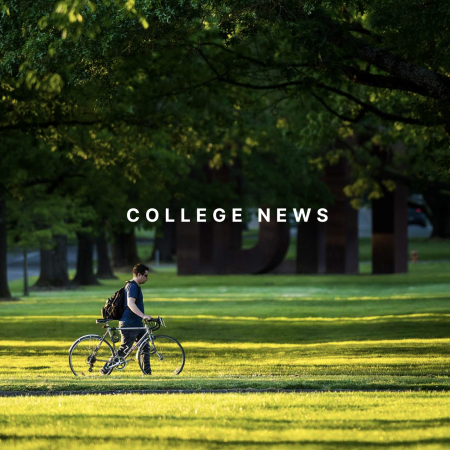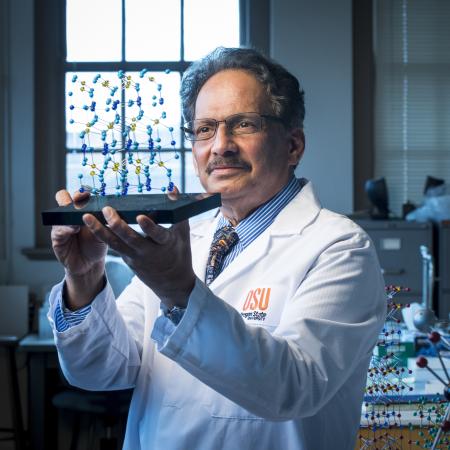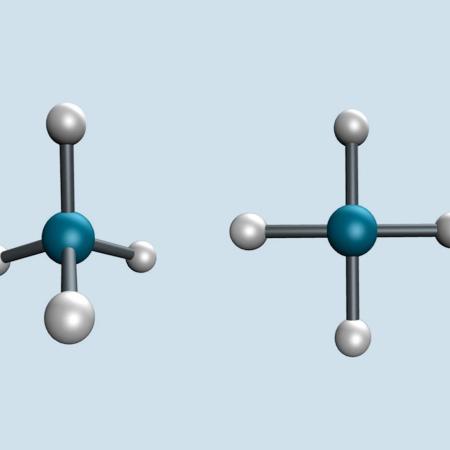Graduate students creating positive change
Valeri Sawiccy received the Herbert F. Frolander Graduate Teaching Assistant Award.
A Ph.D. candidate in the Department of Integrative Biology, Sawiccy’s research addresses the cellular mechanisms that cause coral bleaching in a sea anemone model system that bleaches similarly to corals. Her work also explores the impact of volatile organic compounds in symbiosis, a new territory in the field.
Sawiccy’s instructors describe her as “driven,” “productive,” “compassionate,” and “equity minded.” Since 2020, she has earned seven grants, fellowships or awards; submitted two articles for publication; presented in two virtual international conferences; and participated in significant professional development or projects centered on justice, equity, diversity and inclusion.
As a graduate teaching assistant for 19 academic terms, Sawiccy has gone above and beyond to create equitable experiences for diverse students. Examples include adapting the physical environment to make learning accessible for students with limited mobility, changing lab exercises to allow students from different cultural backgrounds to participate, and revising curriculum to incorporate anti-racist ideas and address health inequities that derive from systemic oppression.
“We in the Integrative Biology department are proud to have such an excellent student in our program, and we have no doubt that Val will continue to distinguish herself as an outstanding scholar and educator in the years to come,” one nominator wrote.
